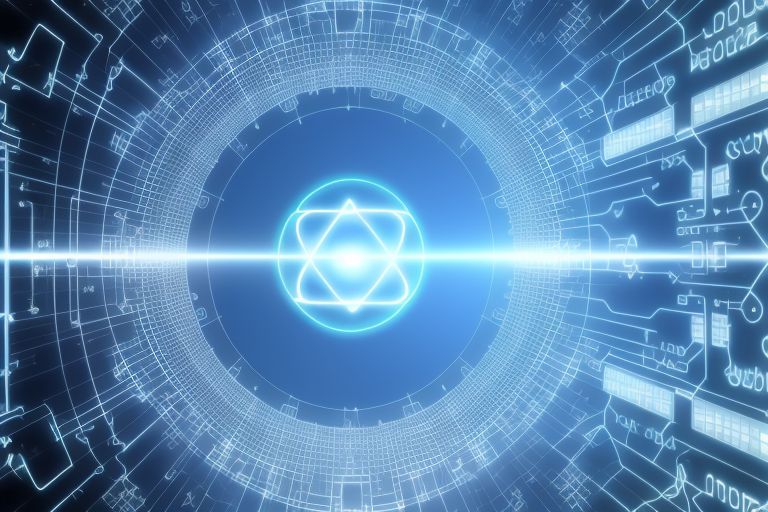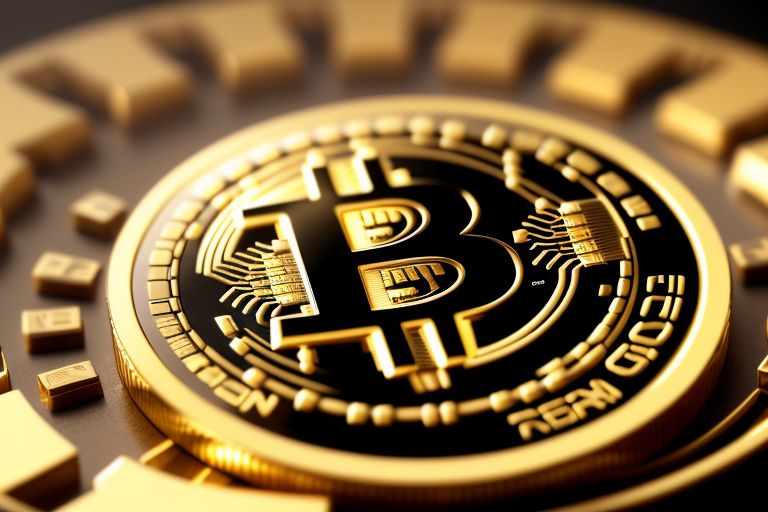More than 190 Heads of State are in New York this week for the 78th session of the United Nations General Assembly where they are being confronted with a list of challenges ranging from climate change and armed conflicts.
The annual diplomatic meeting takes place as the conflict in Ukraine continues, China increases its threat to Taiwan, and the effects of global warming continue to be seen.
In his opening statement, UN Secretary-General António Guterres painted a picture of the world that is becoming ‘more divided, more dangerous and more uncertain’. He urged all the nations to come together to tackle those problems because, ‘no country, however, powerful, can address its challenges unilaterally’.
Predictably, the conflict in Ukraine will be the subject of most discussion. President Volodymyr Zelenskyy of Ukraine will speak to the assembly in person for the first time since the Russian invasion, in an effort to sustain support. Russian President Vladimir Putin is not coming, he is being represented by Russia’s Foreign Minister Sergey Lavrov.
Climate change is another significant area of concern for the UN chief with Guterres calling on countries to step up their emission cutting pledges prior to the COP28 Climate Conference later this year. Some of the small island developing states and least developed countries are therefore demanding for higher levels of ambition and climate funding from the developed countries.
The Israel-Palestinian conflict, Iran nuclear issue, and current issues in humanitarian crises such as Afghanistan, Yemen, Ethiopia are also in the list. The nature of these challenges will prompt leaders to ponder on how best to deal with them in this world that is rapidly becoming politically polarized.
U. S President Joe Biden will speak on Tuesday, in a speech that is likely to reiterate the United States’ support for democracy and human rights across the world. He has the task to persuade partners that the U. S. is still a good friend despite internal political crisis.
The Chinese President Xi Jinping is also missing in the meeting and has missed other international meetings as well. Instead, Premier Li Qiang is representing China this year as Beijing looks to push back against what it views as U. S. attempts to restrain its power.
The assembly is a unique platform that brings together representatives of nations that are in most cases, adversaries. A round of political and economic consultations and negotiations will be held on the sidelines, where the leaders will try to achieve their goals and form new partnerships.
There will be demands for the UN reform as many countries will claim that the permanent membership of the Security Council is not relevant to contemporary world politics. However, the existing permanent members’ interests are well guarded and thus major shifts are unlikely in the near future.
In the course of the week, the capacity of the international community in coming up with consensus and cooperation in addressing current global challenges will be tested. While the relations between major powers are growing increasingly tense, and there are numerous conflicts which seem to be insoluble, the way forward is still far from clear. Nevertheless, the UN General Assembly remains as the primary forum for discussion and collaboration in a globalized society.



